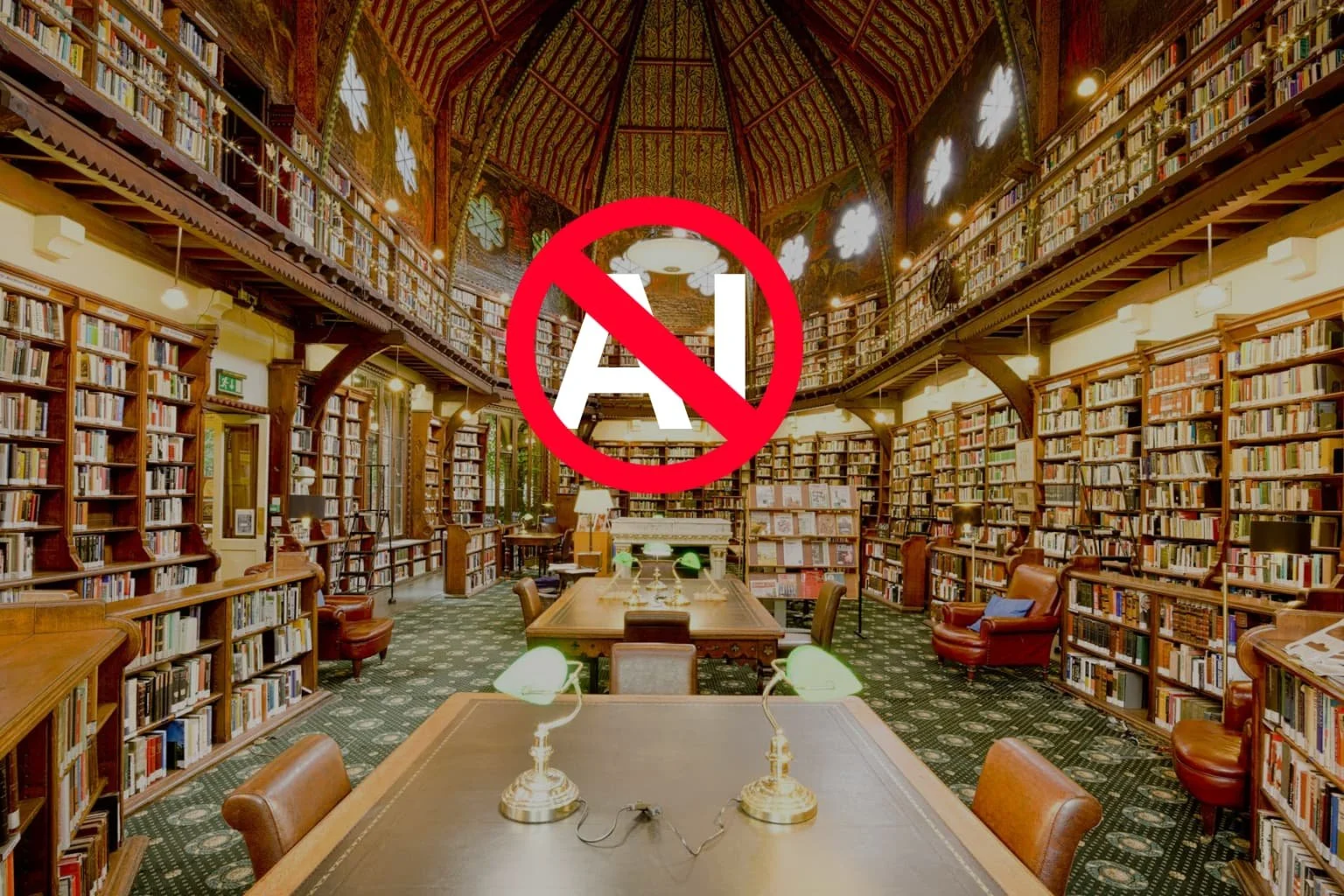Can Universities Detect ChatGPT? A Guide for Students on AI and the 2026 Personal Statement
What’s New in UCAS Personal Statements for 2026?
If you’re applying for through UCAS in 2026, you’ll encounter two new changes to the admissions process: there is not only a new format for personal statements, but also tighter AI checks. This year marks the introduction of far more rigorous measures to combat the use of AI and ChatGPT for writing personal statements.
Can universities detect ChatGPT in UCAS 2026 personal statements?
For many students, this new era brings with it increasing concerns and questions. Will universities really be able to tell if I use AI? How serious is it? What if I only use it a bit? What happens if there is a false AI detection?
This guide explains what detection systems actually do, how reliable they are, why AI-generated content is risky, and the practical steps you can take to stay safe.
The good news is that once you understand how AI detection systems work, and how to write an authentic statement that passes all UCAS’s criteria, you can have confidence that you’re on the right track to a successful application.
Can UCAS Detect ChatGPT or AI in my Personal Statement?
UCAS has recently strengthened its plagiarism checks to include measures for ChatGPT and other AI tools. Their Verification Team now employ various different types of software to check not only for similarities to other submitted statements, but specifically for AI-generation indicators.
The UCAS website itself states: “Generating (and then copying, pasting and submitting) all or a large part of your personal statement from an AI tool such as ChatGPT, and presenting it as your own word, could be considered cheating by universities and colleges and could affect your chances of an offer.”
When UCAS’s team flags a personal statement for potential plagiarism or fraud, this automatically alerts the universities you have applied to that there is a question surrounding your statement. It is then up to those universities to decide what to do: they may run their own checks, ask you to submit another statement, penalise you, or in the worst-case scenario, withdraw your application. These situations are particularly risky for international applicants, as delays in verification can hinder visa processes.
What are the Risks of AI-Generated Personal Statements for UCAS?
This year, UCAS moved from a single long essay format to a series of shorter, more focused questions. This format encourages reflection and precision, and in many ways makes it easier for you to showcase your specific qualities and what makes your application unique.
However, this new format has also made it harder for students to use AI to generate responses. This is because AI generators like ChatGPT tend to give general answers without specifics, can sound overly formal or impersonal, or repeat clichés or generic phrases. What the new format is looking for is specific and personal experiences, and reflection.
UCAS teams are now extremely familiar with the tone and structure of AI responses.
They note themselves that “A bland AI-generated personal statement is not what universities and colleges are looking for.” In other words, the new format both rewards statements that are obviously written by real people, but also makes it easier for universities to tell if something is AI-generated.
Why Are Online AI Checkers Not Reliable?
Many students turn to free AI detection websites to check their drafts. But these tools are problematic for various reasons.
Firstly, they are often trained on old datasets, and are far less accurate: this means that often detectors can give completely different results for the same paragraph.
Secondly, due to their limited capabilities, they can sometimes mistake fluent writing for AI. This is particularly the case for outdated AI detection tools when they come into contact with highly polished fluent English or academic writing.
It’s important to remember that admissions teams use highly advanced, specially-built UCAS systems that integrate high-level AI detection software with professional judgement and contextual reading. This means that the UCAS Verification systems are far more sensitive and accurate, and very few online tools can replicate them.
How Getting In Helps You Write a Stand-Out Personal Statement
At Getting In, we specialise in providing practical, expert guidance for students. We help you navigate the UCAS personal statement format and create the best possible personal statement. We pride ourselves on being absolutely human-led. This means our clients can be absolutely certain that no AI, ChatGPT, templates or writing software is used at any point in our process.
Instead, our team of editors, writers, admissions experts and Oxbridge graduates work with students individually to craft statements that:
Respond to each UCAS question clearly and carefully
Highlight and articulate their genuine interests and experiences
Structure their statement so that it flows in a logical manner
Avoid clichés, generalisations or over-polished sentences
We know how easy it is for universities to spot AI-generated content. Students who work with Getting In can be confident that their application is professional, admissions-focused and fully compliant with UCAS deadlines, while letting authenticity and individuality shine though.
If you want expert guidance to write a statement that represents your interests and achievements in the best possible light, explore our services here: https://www.gettingin.co.uk/personal-statement-writing
Authentic Personal Statements are the Only Option for UCAS 2026
AI generation tools are a tempting quick fix, producing documents that appear polished at surface-level. However, they still cannot come close to statements that are human-written, due to their bland structure and generalisability that are easily recognised. Universities can detect inauthentic writing, and admissions decisions are taking plagiarism and fraud increasingly seriously in students’ personal statements and supporting documents.
Writing a personal statement that genuinely reflects your individuality, supported by knowledgeable expert guidance, remains by far the strongest strategy for UCAS admissions.
Authenticity ensures that your application passes all UCAS requirements. Most importantly, it helps you stand out from the crowd and write something that genuinely catches the attention of university admissions teams.
Get in touch with our experts today to start crafting your UCAS-ready, 100% authentic personal statement




